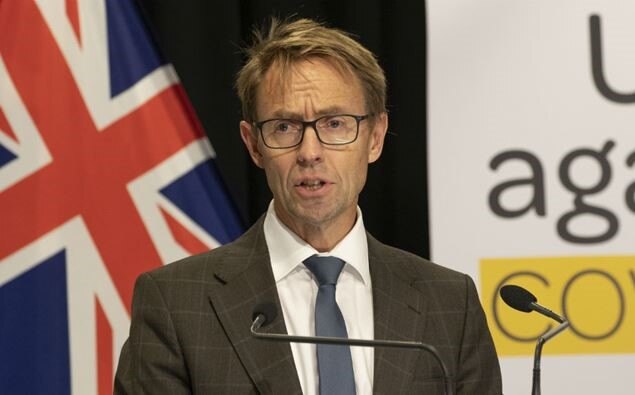Second wave of Covid-19 in NZ: What does Kiwi-Indian community need to know?

The Kiwi-Indian community, like rest of New Zealanders, is keenly watching the ongoing political debate around the second wave of Covid-19 in the country.
The government says it is imminent, while the opposition is alleging that the government is unnecessarily indulging in fear-mongering tactic, with an eye on the impending elections. To rebut this allegation aptly, Minister for Health Chris Hipkins had said that the “virus will not wait for six weeks for election.”
Against this backdrop, a quick overview of this developing war of narratives is in order.
In the last few days there has been an unmistakable push by the government that a second wave of Covid-19 is imminent in the country.
Dr Ashley Bloomfield – the public and the much trusted face of the all government Covid-19 response team has led the charge from front – saying that community transmission in New Zealand is inevitable and is urging Kiwis to be vigilant in keeping a record of where they’ve been for potential contact tracing purposes.
TVNZ reports that the government’s business advisor Rob Fyfe had said that New Zealand is “highly vulnerable” to a new outbreak of Covid-19.
Adding credibility to these growing voices of top public health officials is Michael Baker, the University of Otago epidemiologist, who also has asserted that the second wave of Covid-19 is imminent in NZ.
Surprisingly though, this renewed call for caution, which many sceptics are terming as fearmongering, is coming well after almost 100 days of no-case of community transmission, when the life has almost returned to normalcy, except for border closure.
What explains government’s newfound urgency in stepping up the preparation for the second wave of Covid-19, which it believes is imminent?
Is it a genuine fear of a cautious government which does not wants a blot on its reputation in quashing the virus so successfully in its first wave?
Or is it just that the government and public health authorities are genuinely overwhelmed and nervous with what is happening in Victoria across the Tasman?
Or even worse, has the virus already squeezed through the seemingly impregnable wall of defence at our borders at managed isolation and quarantine facilities, and is already in the community?
Is this newfound urge to call for caution is a mere cover-up for some “bungles” that has already happened, and the members of public are being warned and mentally drilled for the bumpy ride ahead?
The opposition has rightly asked the government to come out clean. National’s Covid-19 Border Response Spokesperson, Gerry Brownlee said, “The Government needs to come clean on what they know about the state of Covid-19 in New Zealand.”
“We have had three-months of no community transmission, then inexplicably, the Director-General of Health Ashley Bloomfield tells the nation today that a second wave was a likely prospect,” Mr Brownlee said.
To be fair to the government though, it has been incredibly successful in defeating the first wave of Covid-19 virus in the country earning worldwide acclaim, only by fully submitting itself to the “expert advice” – a fact ignored by several global leaders of the leading nations of the world – only at their own peril.
It might also be nervous by the experiences of the overseas governments in places like Singapore, Hongkong, South Korea, and Victoria, which were overwhelmed by a resurgent second wave after having similar success in controlling the spread of the virus in the first wave.
Importantly, none of these countries were also facing an impending election that could have complicated the response and brought to fore a doubt on the government’s intention, to milk the success in managing public health risk for political gains.
So, to be equally fair to the opposition, its call for the government for coming out clean for the basis for issuing a fresh warning on a second impending wave is not completely unreasonable.
However, regardless of this war of narratives, there is no harm in remaining extra vigilant and bringing back the rituals of social-distancing and washing hands in our everyday lives, if getting a mask in advance is a bit too much of ask at this stage.
In the end, it is our collective efforts that can keep us all safe, even if some have doubts on the government’s newfound urgency on forewarning about an impending second wave of the virus.





